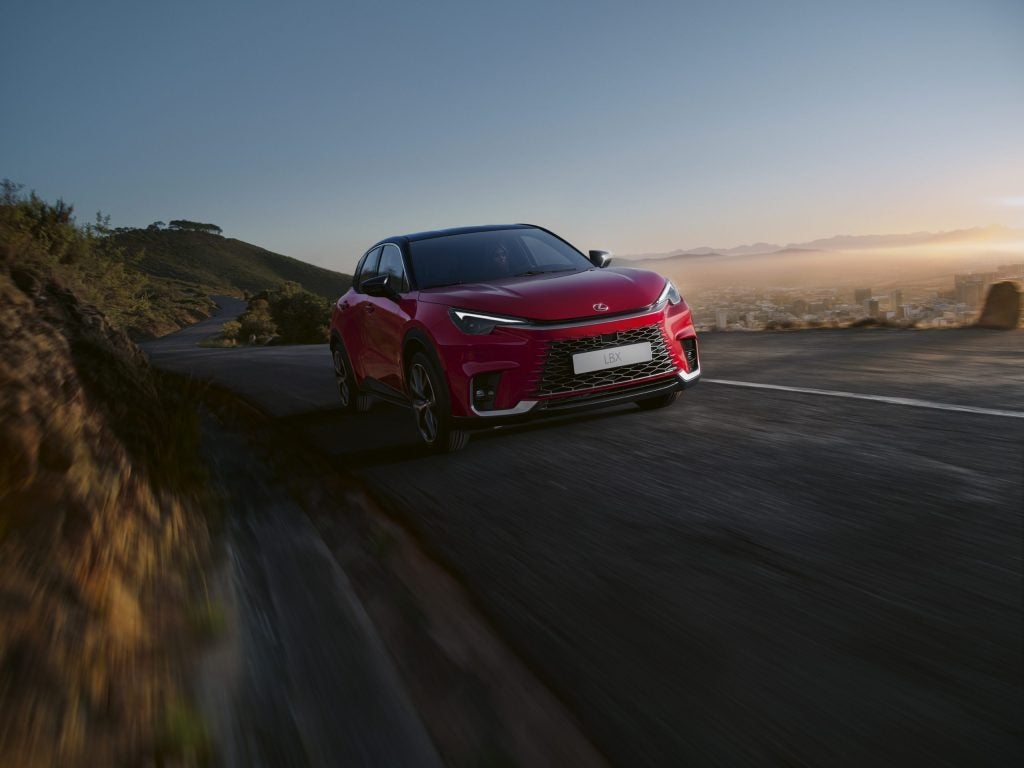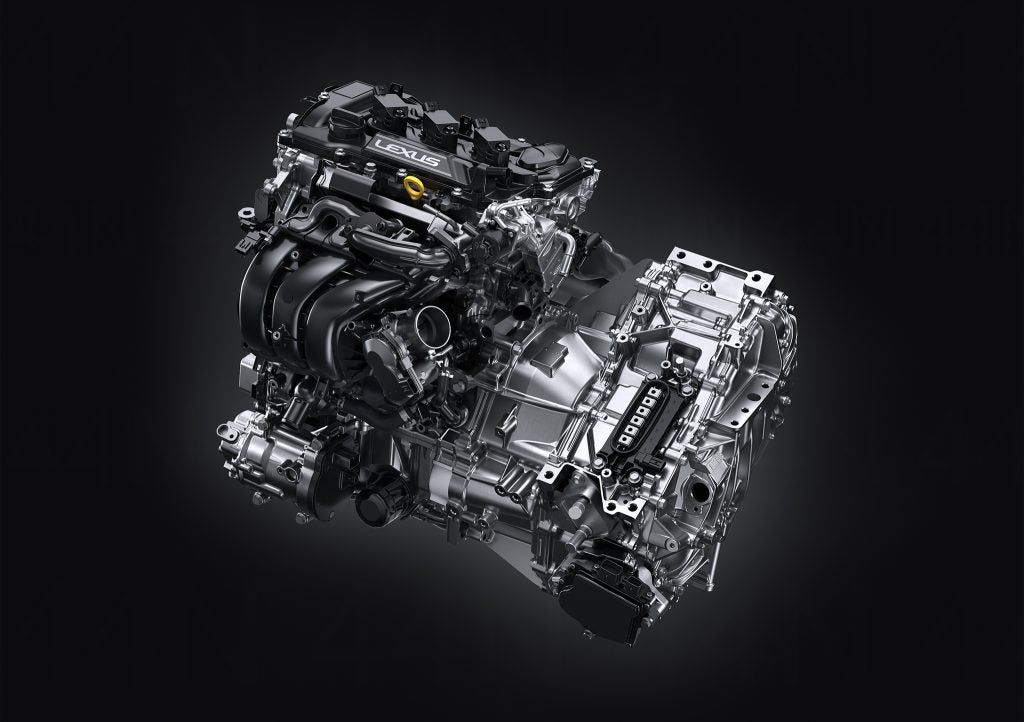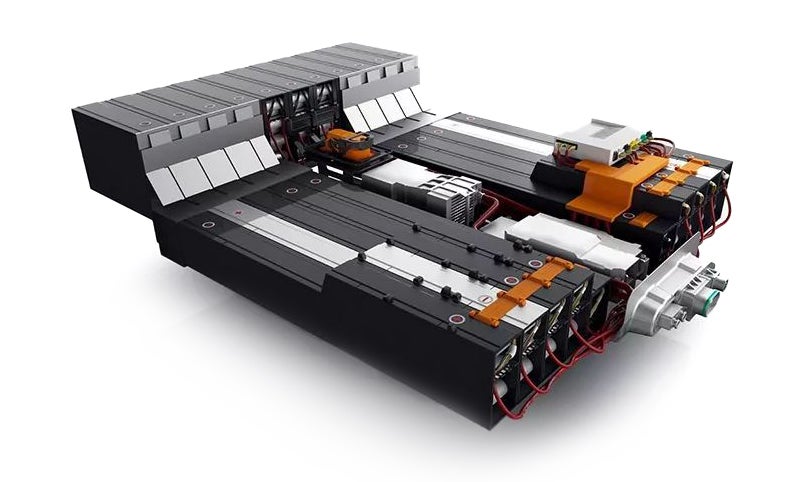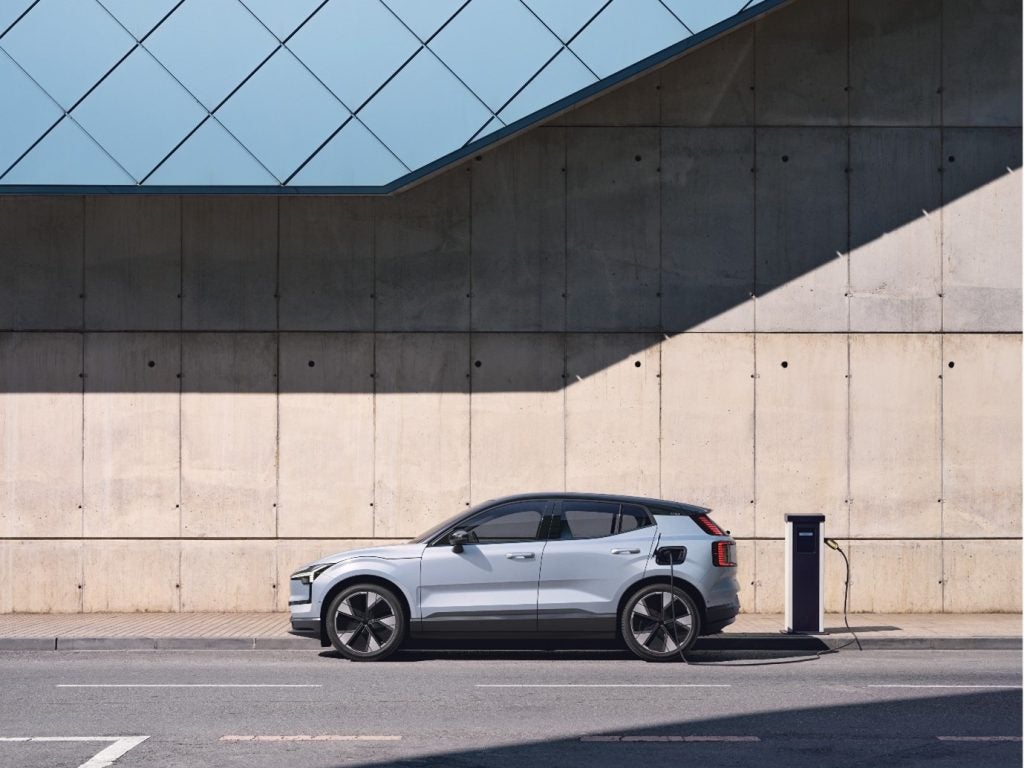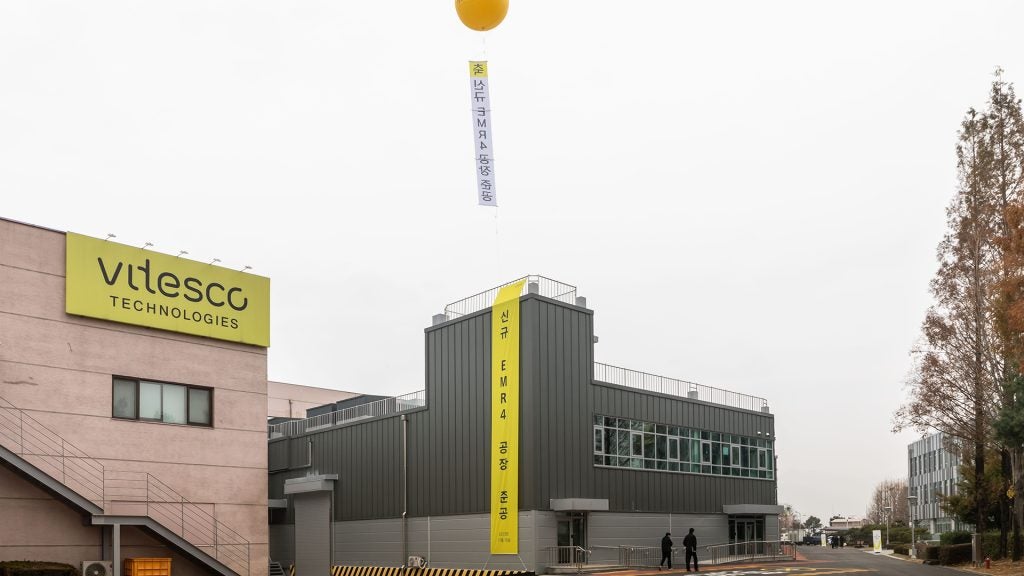Lexus’ new LBX compact crossover borrows its three cylinder hybrid powertrain from Toyota's Yaris and Yaris Cross.
Maximum output from the full system is 134bhp/100kW with peak torque of 185Nm. This is expected to enable 0-62mph acceleration in 9.2 seconds while permitting confident towing of loads up to 750kg.
The engine is claimed to operate with exceptional thermal efficiency achieved through high speed combustion and minimising losses from friction throughout the drivetrain. A variable cooling system helps the engine warm up quickly, adjusting automatically to its running conditions and the external temperature.
Using electronic variable valve-timing – VVT-iE – also supports efficiency and response, even at low engine speeds.
The focus on a system which is smaller, lighter and ideally suited to the LBX – the most compact Lexus model yet – has brought about significant changes in the hybrid system. A new power control unit (PCU) ensures the increased hybrid battery output can be optimally managed; being relocated above the transaxle means it takes up less space, too. The compact packaging also sees the system’s two electric motor generators positioned side by side on separate shafts.
A new bi-polar nickel metal hydride unit battery is smaller and lighter but produces more energy, allowing driving at higher speeds and for longer distances in all-electric EV mode.
On higher grade models, a sequential Shiftmatic system provides paddle controls to engage the shift range through six steps, giving the feel of using a manual transmission.
E-Four all wheel drive is available as an option on some LBX models. Adding an additional electric motor on the rear axle automatically provides extra grip and stability when required on slippery surfaces and when pulling away and cornering.
The LBX is engineered to minimise transmission of engine noise and vibration, including the use of a balancer shaft on the power unit itself and widespread use of noise absorbing materials at strategic points throughout the vehicle.
The new hybrid battery has an impact as well: with more power supplied by the battery, the engine is able to run at up to 20% lower revs. In addition to being good for fuel economy, this means the engine sound is more closely aligned to the pressure the driver applies to the throttle.
